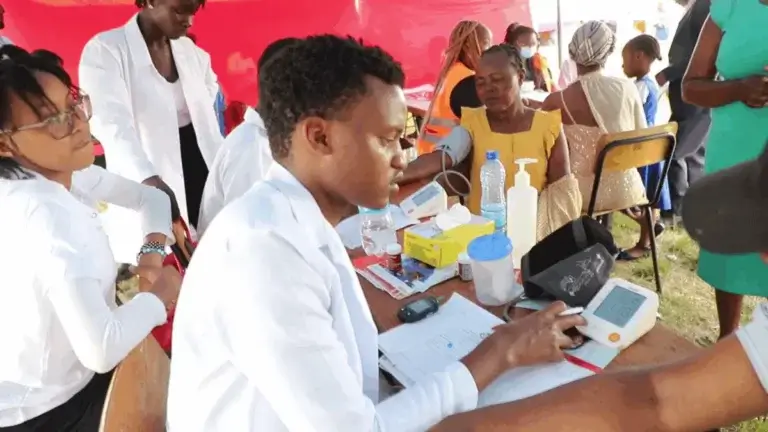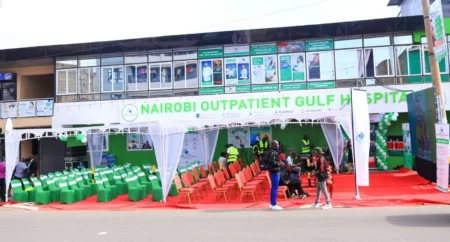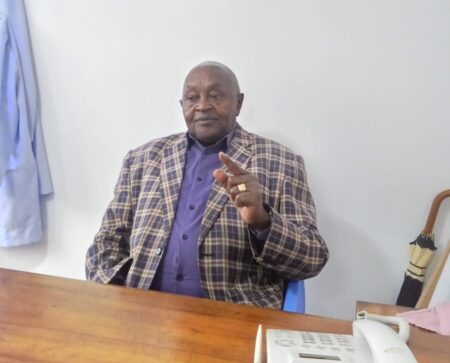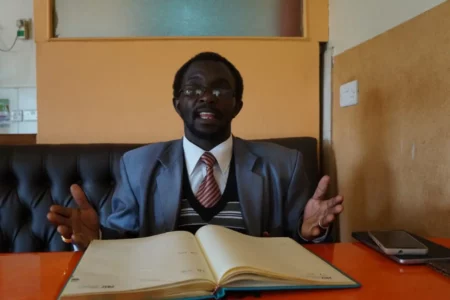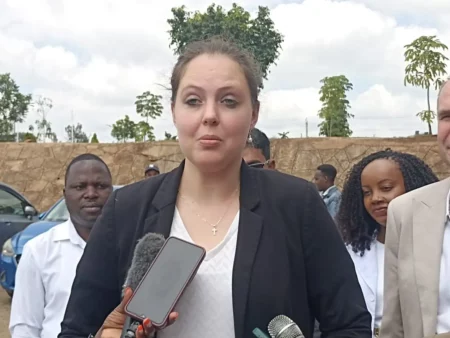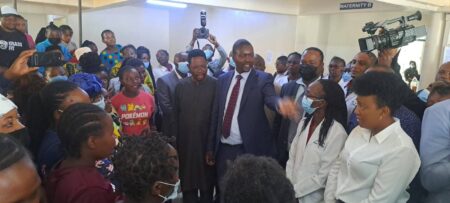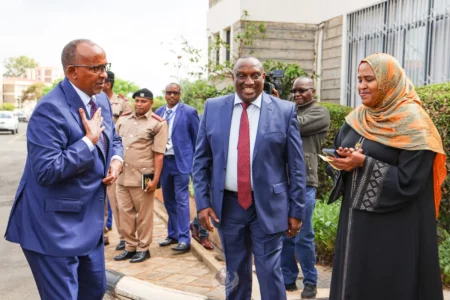Health experts in Gatundu South are raising urgent concerns about a dramatic rise in lifestyle-related diseases, including diabetes, hypertension, and various cancers, which are wreaking havoc on families across the region’s villages.
The alarming trend came to light during a free medical camp organized by Mama Ngina University College in collaboration with multiple healthcare institutions, aimed at providing critical health services to underserved communities. During the camp, medical professionals uncovered that many residents are silently grappling with chronic illnesses, exacerbated by limited access to quality healthcare and the prohibitive costs of medical services.
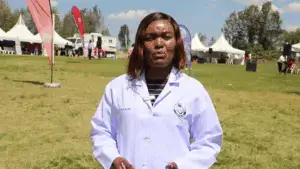
Residents voiced their frustrations over the inefficiencies of the Social Health Authority (SHA), which has hindered timely access to checkups and treatments. Many called on the government to overhaul the healthcare system, streamline SHA operations, and make medical care more affordable and accessible to all.
Dr. Ruth Mbugua, a prominent health expert, urged residents to adopt healthier lifestyles to curb the escalating disease burden. She emphasized the importance of balanced diets rich in vegetables and fruits, cutting back on excessive carbohydrates and meat, and avoiding alcohol. “Many of these illnesses are preventable,” Dr. Mbugua noted, highlighting that simple lifestyle changes, coupled with regular physical activity, could significantly improve health outcomes in the region.
Echoing her sentiments, Dr. Wagiita Maina, an obstetrics and gynecology resident at Aga Khan University Hospital, expressed alarm over the low rates of cancer screening in Gatundu South. She pointed out that breast and cervical cancer cases are on the rise, with many patients only seeking medical attention when the diseases have progressed to advanced stages, making treatment more challenging. Dr. Maina stressed the need for early detection through regular screenings to improve survival rates.
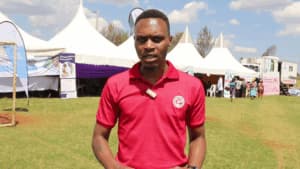
Both doctors advocated for a return to traditional practices that once promoted better health in the community, such as consuming home-grown foods and participating in community-based physical activities. They noted that these habits, common in the past, could play a vital role in reversing the current health crisis.
The medical camp not only provided critical health services but also served as a wake-up call for Gatundu South residents to prioritize preventive care and healthier living. As the region grapples with this growing epidemic of lifestyle diseases, experts and locals alike are calling for collective action to address systemic healthcare challenges and foster a culture of wellness.







